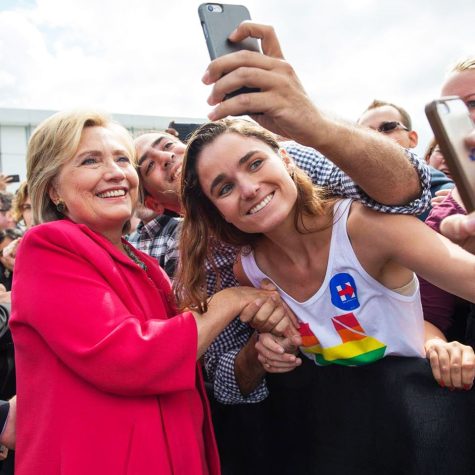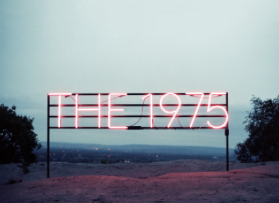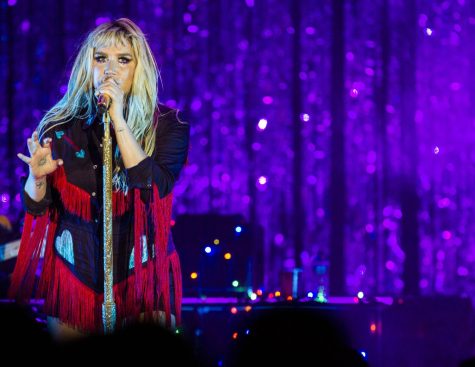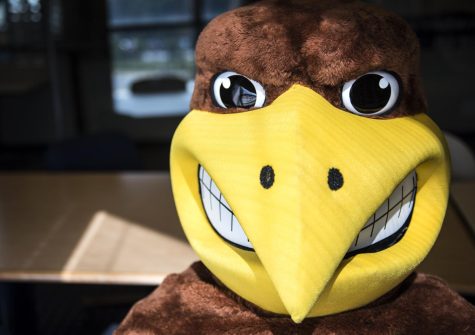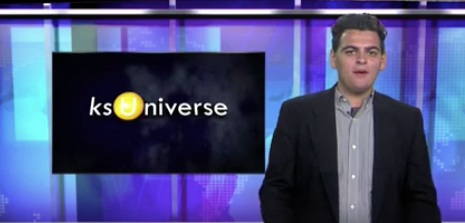Wonder Woman: 75 years of female representation
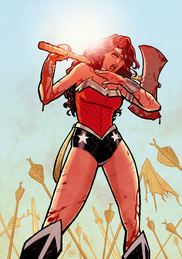
0921 Wonder Woman
September 21, 2016
Wonder Woman will be celebrating her 75th birthday, but certain parts of the goddess’s history aren’t necessarily worth celebrating.
“(In the ’50s) Wonder Woman suffered (because) the comic book industry really changed her profile,”said Vera Camden, a professor of English at Kent State. “The writers were forced into submission, essentially, to change her character. She lost her power. She was over-sexualized.”
Camden is the project director for the Wonder Woman Symposium, hosted at the Cleveland Public Library from Thursday to Friday.
The symposium, funded by a grant from the Ohio Humanities Council and sponsored by organizations including Kent State’s College of Arts and Sciences, is free for all attendees.
The symposium is being hosted in honor of pop culture’s most iconic heroine, and will show attendees the intersection between Wonder Woman’s role in the comic book industry and the feminist movement.
“Now, more than ever, I do think that women’s leadership is really needed in the world today,” Camden said. “We really wanted to have a celebration and we wanted to have it at a public library, so that it’s not some elite-only, academic-only university setting. This is something everyone can identify with – female leadership and female empowerment.”
The popularity and visibility of Wonder Woman has made strides for the feminist movement. Wonder Woman was created by William Moulton Marston, who strived to create a feminist character Camden said.
“Her identity has shifted along with the role of women in our society,” Camden said. “In the ’50s when the men came back from war, Wonder Woman was really hit hard. Women were told to go back into the homes, back into the kitchen. In the ‘70s and ‘80s, of course we saw an over-sexualization. Now, though, in the ‘90s and 2000s, we see her becoming more athletic, stronger. The writers are creating a new kind of Wonder Woman.”
For both men and women alike, Wonder Woman has served as an iconic figure.
“Wonder Woman has been part of the popular culture for 75 years … she’s been a feminist icon for all that time,” said Cameron Stewart, a writer and layout artist for Batgirl. “Pretty much every woman that I know grew up with Wonder Woman comics or on television, in her public consciousness.”
Stewart, who has been working in the comic book industry for more than 15 years, said he has seen a visible change in women’s interest in comic books.
”I’ve seen a shift in the audience in the time that I’ve been attending conventions,” Stewart said. “When I first started attending conventions, the audience was heavily male. That audience has now evened out a bit.”
For Stewart, the opportunity to have a hands-on role in the creation of Batgirl allowed him to create a comic book that appealed directly to a target audience that he felt had previously been ignored: teen and young adult females. Stewart will be speaking at the symposium Friday evening.
“We are living through a reconfiguration of the female body in superhero comics,” Camden said.
Camden said she hopes the symposium is both celebratory and critical of Wonder Woman and the role she has played in the representation of women in comic books.
With the release of a new Wonder Woman movie occurring in summer 2017, Camden said she believes society will be seeing yet another rise of power for the female heroine.
“She was always a really highly visible female character,” Steward said. “She is seen at the same level of history and importance of characters such as Batman and Superman.”
Other speakers at the symposium will include Amanda Conner and Jimmy Palmiotti, Genevieve Valentine and Phil Jimenez, among others.
Attendees can register online at www.kent.edu/wonderwoman.
Erin Zaranec is the entertainment editor, contact her at [email protected].














